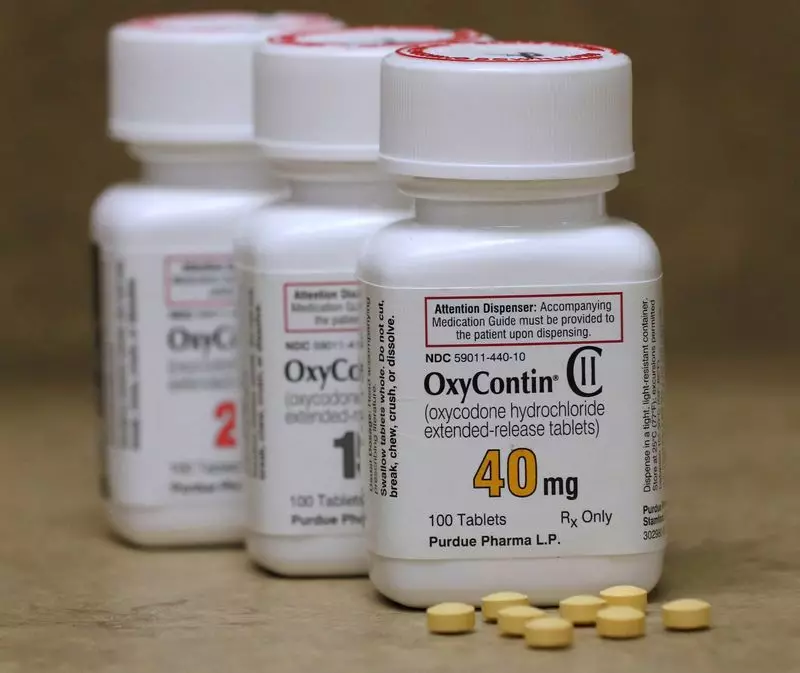In a significant development in the long-standing opioid crisis litigation, Purdue Pharma and its owners, the Sackler family, have unveiled a new $7.4 billion settlement. This arrangement aims to resolve thousands of lawsuits that have arisen from allegations that their widely prescribed pain medication, OxyContin, played a pivotal role in igniting a national addiction epidemic. Texas attorney general Ken Paxton emphasized the importance of this settlement, which comes nearly seven months following a pivotal Supreme Court decision that dismissed a previous bankruptcy deal that sought to grant the Sacklers extensive legal immunity in exchange for a lower payout.
The U.S. Supreme Court’s ruling was fundamental, declaring that the Sacklers—who have not entered bankruptcy themselves—were ineligible for the protections afforded to bankrupt entities seeking a “fresh start.” This verdict not only invalidated Purdue’s earlier settlement strategy but also highlighted the legal complexities surrounding accountability in the opioid crisis. The court’s decision prompted a revision of the settlement framework, one that aimed to provide substantial reparations while still allowing for continued legal challenges against the Sacklers.
The newly announced financial settlement does not provide absolute immunity for the Sacklers, as it allows states, municipalities, and individual victims to pursue further legal action if they choose not to participate in the agreement. This aspect of the settlement signifies that the legal battles surrounding the opioid epidemic are far from over. The Sacklers have stated their intention to “vigorously defend” themselves in any ongoing lawsuits, reflecting their belief in their innocence amidst widespread accusations of contributing to the addiction crisis due to unethical marketing practices.
This latest arrangement is part of a larger narrative that has seen Purdue Pharma, among other pharmaceutical entities, facing scrutiny for their roles in a devastating public health crisis that has resulted in over 700,000 overdose deaths in the U.S. over the past two decades. The settlement comes amid a sweeping reckoning within the pharmaceutical industry, where various companies have collectively agreed to distribute approximately $50 billion in payouts to address claims from federal and local governments regarding their roles in the opioid epidemic. Purdue’s bankruptcy filing in 2019 was an attempt to navigate the legal fallout from these claims, but the unresolved sense of accountability persists.
While the Sackler family denies any wrongdoing, they have articulated a sense of “regret” about the impact of OxyContin. This sentiment, however, is often seen through a critical lens by those affected by the opioid crisis, as many of their lives have been irrevocably altered by the addiction that OxyContin has fostered. Critics argue that this expression of regret feels insufficient given the scale of devastation that has ensued, underscoring the ongoing need for a deeper examination of corporate responsibility in public health crises.
This settlement may represent a pivotal moment in the effort to seek justice for the victims of the opioid crisis, yet the complexities of corporate liability, accountability, and the rights of individuals remain unresolved. As the legal landscape evolves further, the implications of this settlement will resonate for years to come, shaping the future of pharmaceutical ethics and practices.

